As the CDS (Combined Defence Services) 1 2025 exams draw closer, aspirants need a well-structured and strategic approach to maximize their chances of success. Understanding the exam pattern, identifying key topics, and prioritizing study material are crucial for effective preparation. For Chemistry and Biology, two significant pillars of the General Knowledge section, Previous Year Question Paper analysis and topic weightage provide invaluable insights into the examination’s structure and focus areas. These tools are essential for streamlining your preparation and enhancing performance in the upcoming CDS 1 2025.
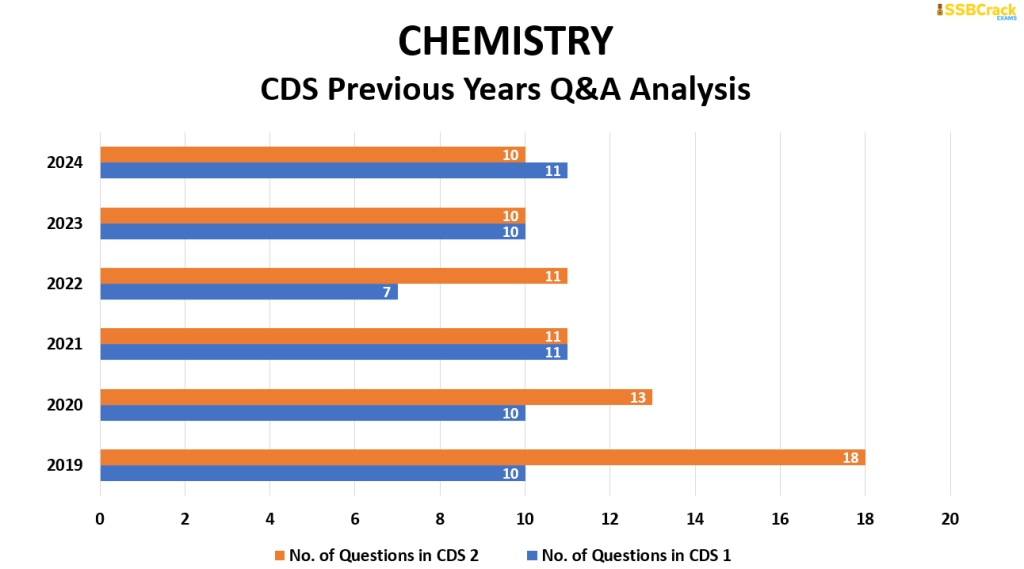



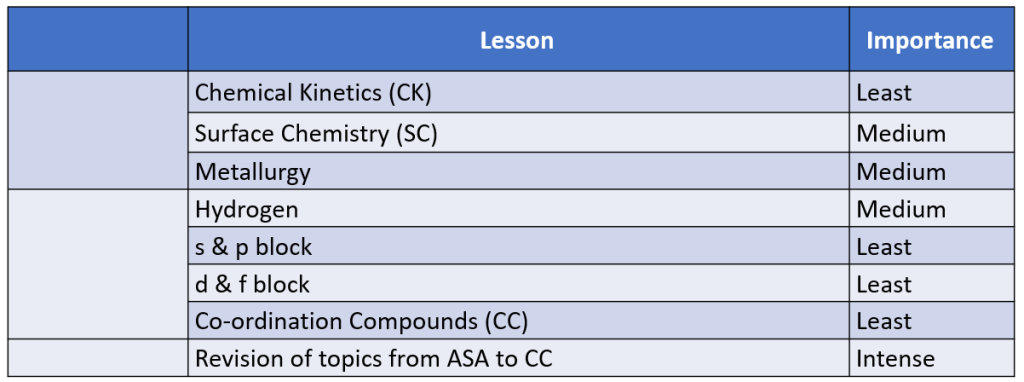


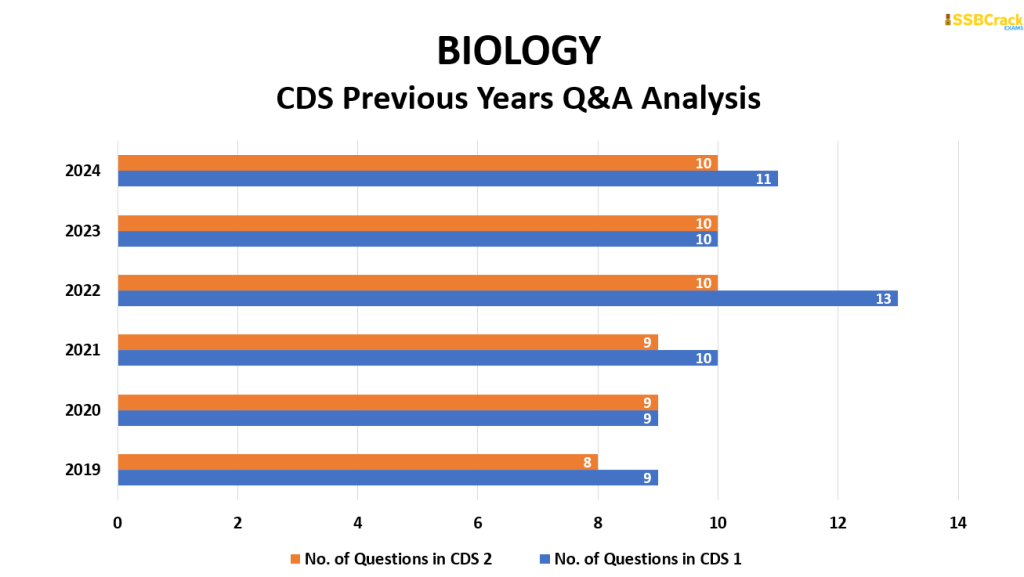
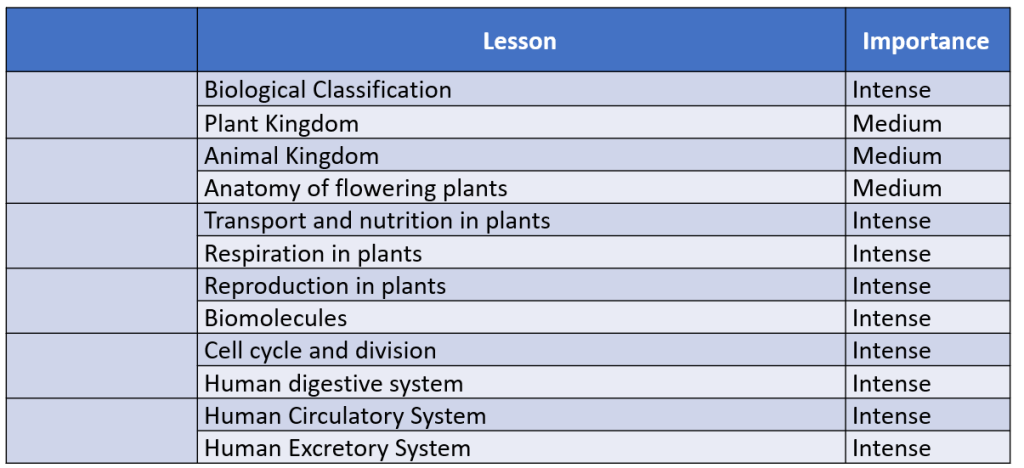
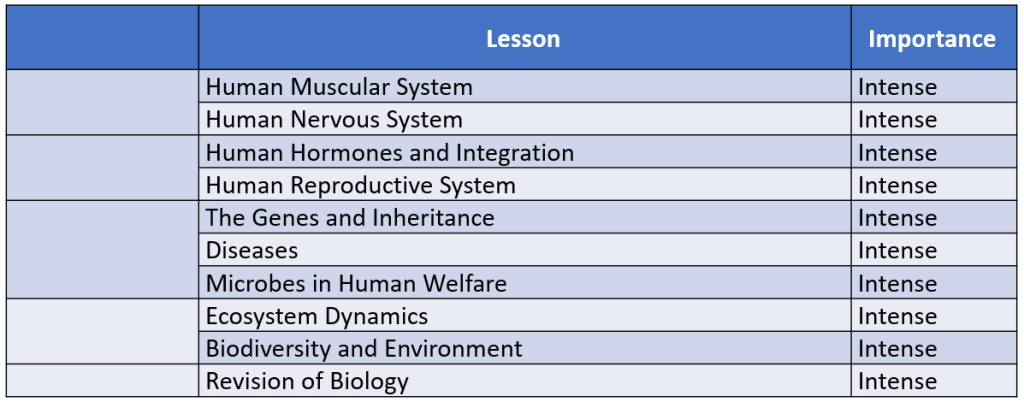
Importance of Previous Year Question Paper Analysis
One of the most reliable strategies for exam preparation is analyzing past years’ question papers. This approach offers several benefits for CDS aspirants:
- Understanding the Exam Pattern:
- By reviewing previous papers, aspirants can gain a clear understanding of the type, format, and difficulty level of questions typically asked in the CDS exams. This familiarity helps reduce exam-day anxiety and boosts confidence.
- Identifying Important Topics:
- A thorough analysis of past question papers reveals patterns in the topics that are frequently tested. For example, in Chemistry, areas such as Organic Chemistry, Atomic Structure, and Chemical Bonding often recur, while in Biology, topics like Human Physiology, Ecology, and Cell Biology are regularly featured.
- Targeting High-Yield Areas:
- Not all topics carry the same weightage in the exam. Analyzing past papers helps aspirants focus their attention on high-yield areas that are more likely to be tested. This allows for efficient time management, ensuring that more preparation time is devoted to topics that will make a greater impact on the final score.
- Improving Problem-Solving Speed and Accuracy:
- Practicing previous questions allows aspirants to familiarize themselves with the nature of problems they might face. It also trains them to solve these problems under timed conditions, which is vital for both improving speed and ensuring accuracy during the actual exam.
- Spotting Common Pitfalls:
- By reviewing past questions and their solutions, students can identify common traps and mistakes that candidates typically make. Recognizing these pitfalls early on allows for better preparation and the development of strategies to avoid similar errors during the exam.
Understanding Topic Weightage in Chemistry and Biology
Topic weightage refers to the distribution of marks assigned to various subjects and subtopics within the syllabus. Knowing the weightage of topics in Chemistry and Biology for the CDS exam can significantly impact an aspirant’s preparation. Here’s why it’s important:
- Prioritizing Study Time:
- With limited time to cover an extensive syllabus, understanding which topics carry more weight allows aspirants to prioritize their study schedule. Topics that are frequently asked or hold higher weightage, such as “Organic Chemistry” or “Human Physiology,” should be given more attention. This ensures that critical areas are well-prepared before diving into less important topics.
- Optimizing Study Resources:
- When aspirants know the weightage of topics, they can focus on the most relevant study material, minimizing the time spent on areas that are rarely tested. This focused approach reduces study fatigue and increases retention of key concepts.
- Balancing Preparation Between Chemistry and Biology:
- Both Chemistry and Biology are vital for the General Knowledge section, but their respective topics may carry different weightages. Understanding this allows aspirants to balance their preparation efforts effectively. For example, if Biology tends to carry more questions than Chemistry in recent papers, more preparation time can be allocated accordingly.
- Strategizing for Maximum Marks:
- By knowing which topics are more heavily tested, aspirants can plan their revision strategies to maximize their score potential. Focusing on high-weightage topics not only helps in securing easy marks but also ensures that aspirants are well-prepared for the questions that are more likely to appear.
- Tracking Trends Over Time:
- Topic weightage may shift slightly from year to year. By consistently analyzing past papers, aspirants can stay up-to-date on the latest trends and ensure that their preparation remains aligned with the current focus of the exam. This is especially helpful for aspirants who may have attempted the exam before or are retaking it, as they can adjust their strategy based on these shifts.
Conclusion
For CDS 1 2025 aspirants, mastering Chemistry and Biology is essential for scoring well in the General Knowledge section. To do this effectively, analyzing previous year question papers and understanding the weightage of topics is not just a recommended strategy, but a critical one. These tools enable aspirants to identify recurring questions, focus on high-weightage topics, and optimize their preparation in a structured and efficient manner.
By integrating these techniques into your study plan, you can ensure that you are not only covering the syllabus comprehensively but also doing so in a way that maximizes your chances of success in the upcoming CDS exam. Whether it’s mastering difficult topics like Organic Chemistry or targeting high-weightage areas in Biology, a strategic approach will help you confidently tackle the CDS 1 2025 exam and achieve the results you desire.







